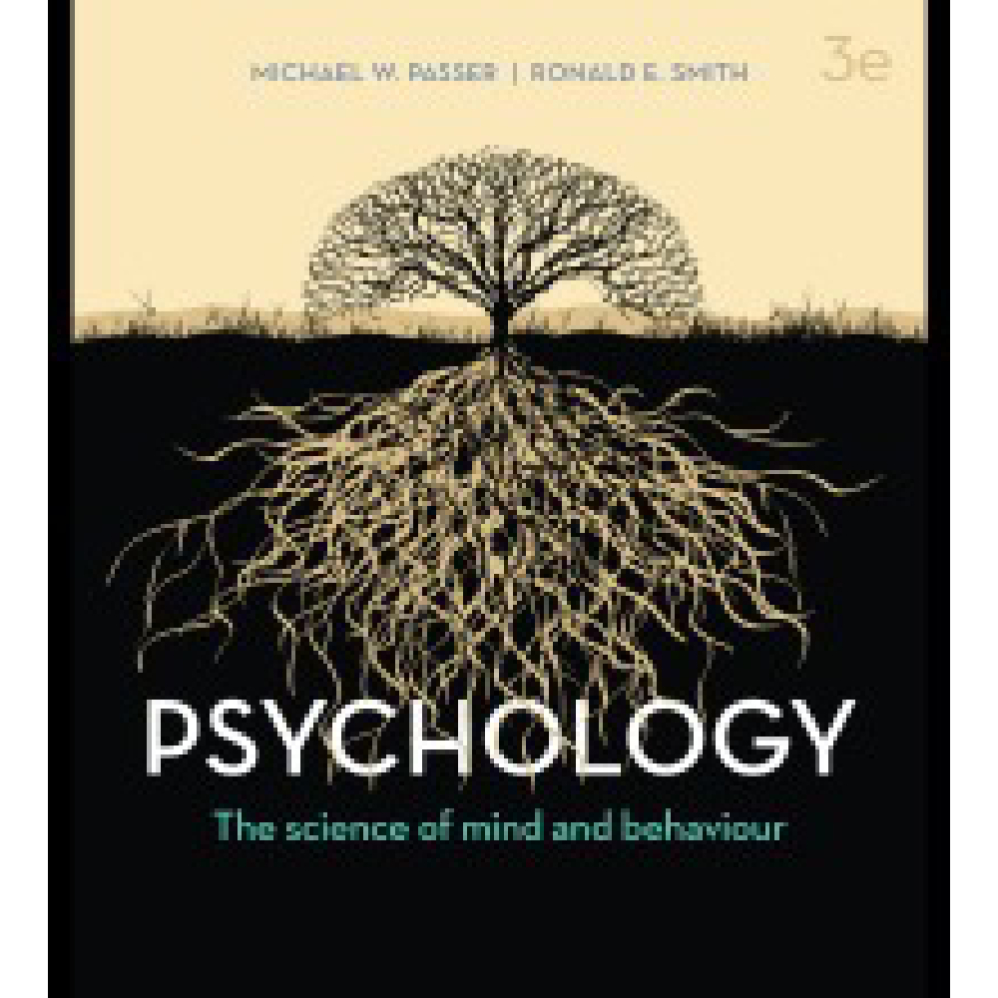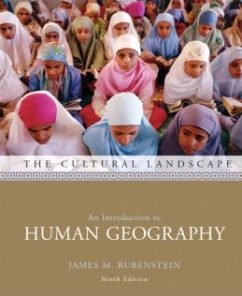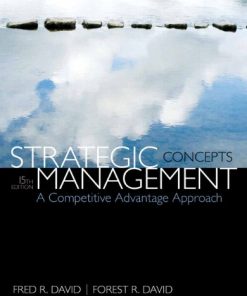Psychology The Science Of Mind And Behaviour 3rd Australian Edition By Michael W. Passer – Test Bank
$55.00
Psychology The Science Of Mind And Behaviour 3rd Australian Edition By Michael W. Passer – Test Bank
You will receive this product within 24 hours after placing the order
Psychology The Science Of Mind And Behaviour 3rd Australian Edition By Michael W. Passer – Test Bank
Chapter 11 Testbank Key
1. The broad term ____________ refers to the general processes that affect the direction, persistence and strength of goal-directed behaviour.
A. incentive
B. motivation
C. instinct
D. drive
Blooms: Remember
Difficulty: Easy
Learning Objective: 11.01 Describe the different theoretical approaches to understanding motivation
Topic: Motivation
2. The concept of ____________ is concerned with feeling states that involve patterns of cognitive, physiological and behavioural reactions to events.
A. motivation
B. a drive
C. an instinct
D. emotion
Blooms: Remember
Difficulty: Easy
Learning Objective: 11.05 Define the components of emotion
Topic: Emotion
3. An inherited characteristic that produces a particular response when an organism is exposed to a particular stimulus and is common to all members of a species is called a(n):
A. motive.
B. drive.
C. instinct.
D. incentive.
Blooms: Remember
Difficulty: Easy
Learning Objective: 11.01 Describe the different theoretical approaches to understanding motivation
Topic: Perspectives on motivation
4. Human instinct theories are no longer widely believed because:
A. humans do not have any instincts.
B. they often relied on circular reasoning.
C. Maslow disproved the theory of instinctual motivation.
D. they conflicted with the evolutionary approach to behaviour.
Blooms: Remember
Difficulty: Easy
Learning Objective: 11.01 Describe the different theoretical approaches to understanding motivation
Topic: Perspectives on motivation
5. A modern evolutionary theorist would probably assert that humans are social creatures because social behaviour:
A. is instinctual.
B. satisfies our need for growth.
C. is intrinsically motivating.
D. presumably produces survival advantages.
Blooms: Understand
Difficulty: Easy
Learning Objective: 11.01 Describe the different theoretical approaches to understanding motivation
Topic: Perspectives on motivation
6. The concept of ____________ refers to the body’s tendency to maintain an internal state of physiological balance.
A. internal consistency
B. equilibrium
C. stasis
D. homeostasis
Blooms: Remember
Difficulty: Easy
Learning Objective: 11.01 Describe the different theoretical approaches to understanding motivation
Topic: Perspectives on motivation
7. According to Clark Hull’s drive theory of motivation, various drives are produced:
A. by specific instincts that are common to both humans and animals.
B. when our growth needs are not being met.
C. when there is a physiological disruption of homeostasis.
D. when we value a goal and expect that certain behaviours will lead to its accomplishment.
Blooms: Remember
Difficulty: Medium
Learning Objective: 11.01 Describe the different theoretical approaches to understanding motivation
Topic: Perspectives on motivation
8. States of internal tension that motivate an organism to behave in ways to reduce the tension are called:
A. homeostasis.
B. drives.
C. instincts.
D. motivational conflicts.
Blooms: Remember
Difficulty: Easy
Learning Objective: 11.01 Describe the different theoretical approaches to understanding motivation
Topic: Perspectives on motivation
9. ____________ proposed that the primary goal of motivated behaviour is ____________ tension associated with drives.
A. Abraham Maslow; reducing
B. BF Skinner; increasing
C. Clark Hull; reducing
D. Charles Darwin; increasing
Blooms: Remember
Difficulty: Medium
Learning Objective: 11.01 Describe the different theoretical approaches to understanding motivation
Topic: Perspectives on motivation
10. An approach to motivation called ____________ proposes that motivated behaviour stems from a person’s beliefs that particular behaviours will lead to a goal and from the worth that a person places on that goal.
A. drive theory
B. expectancy × value theory
C. intrinsic motivation theory
D. social exchange theory











Reviews
There are no reviews yet.